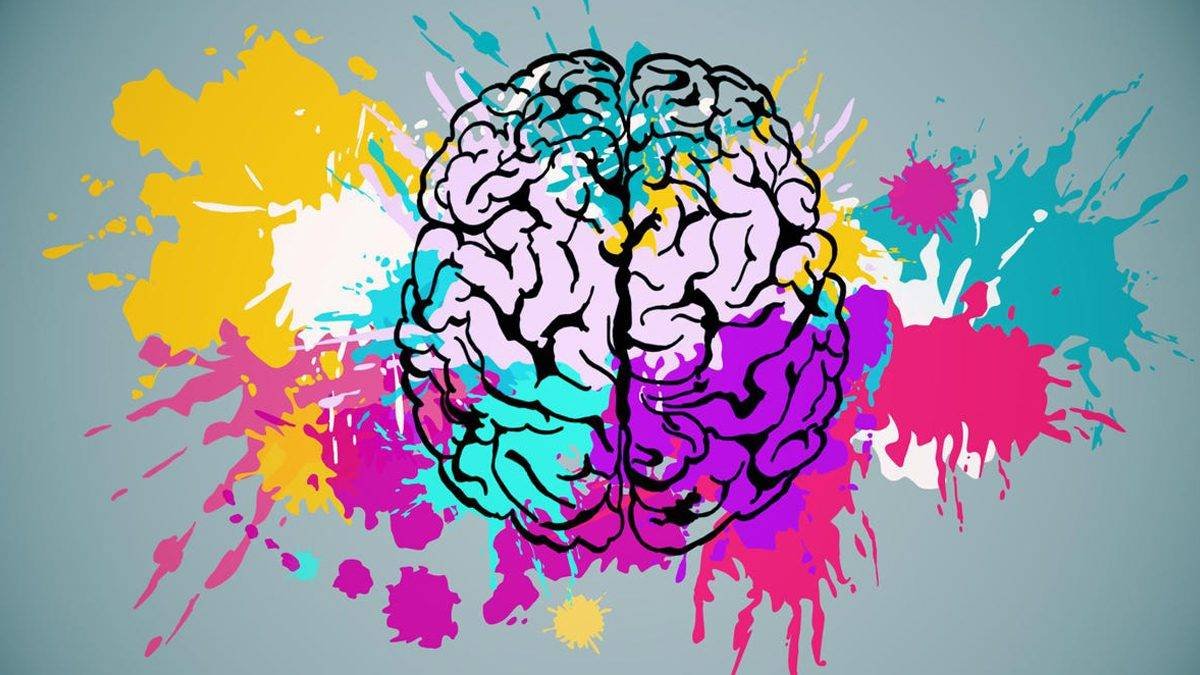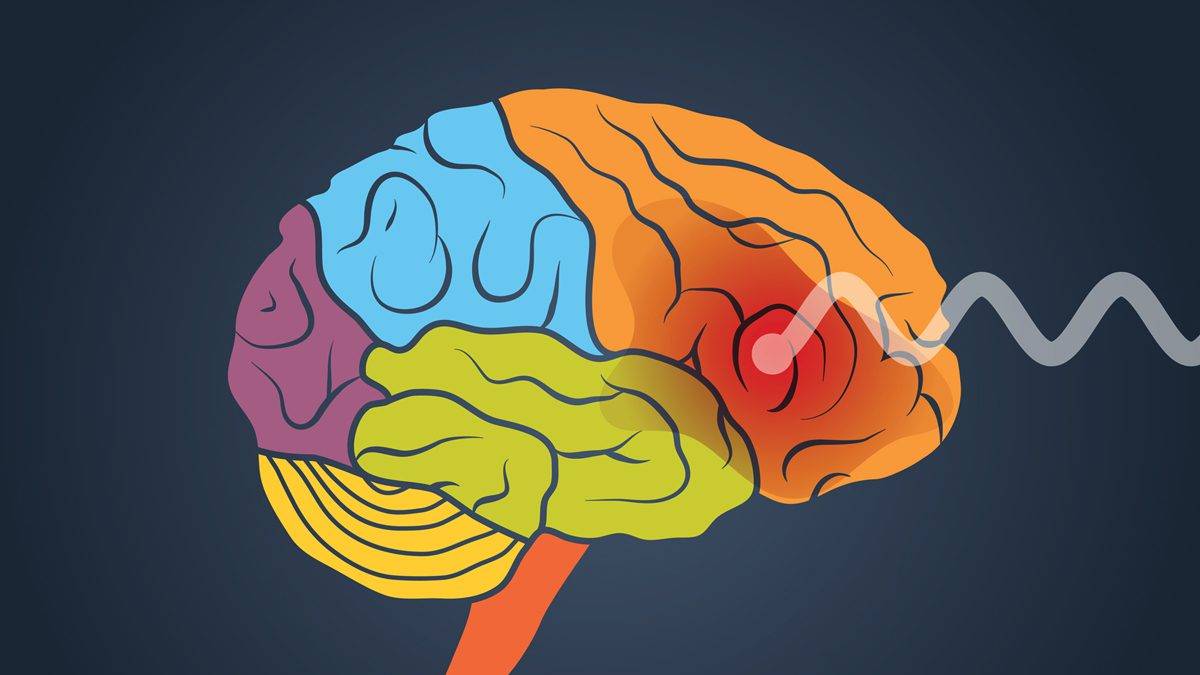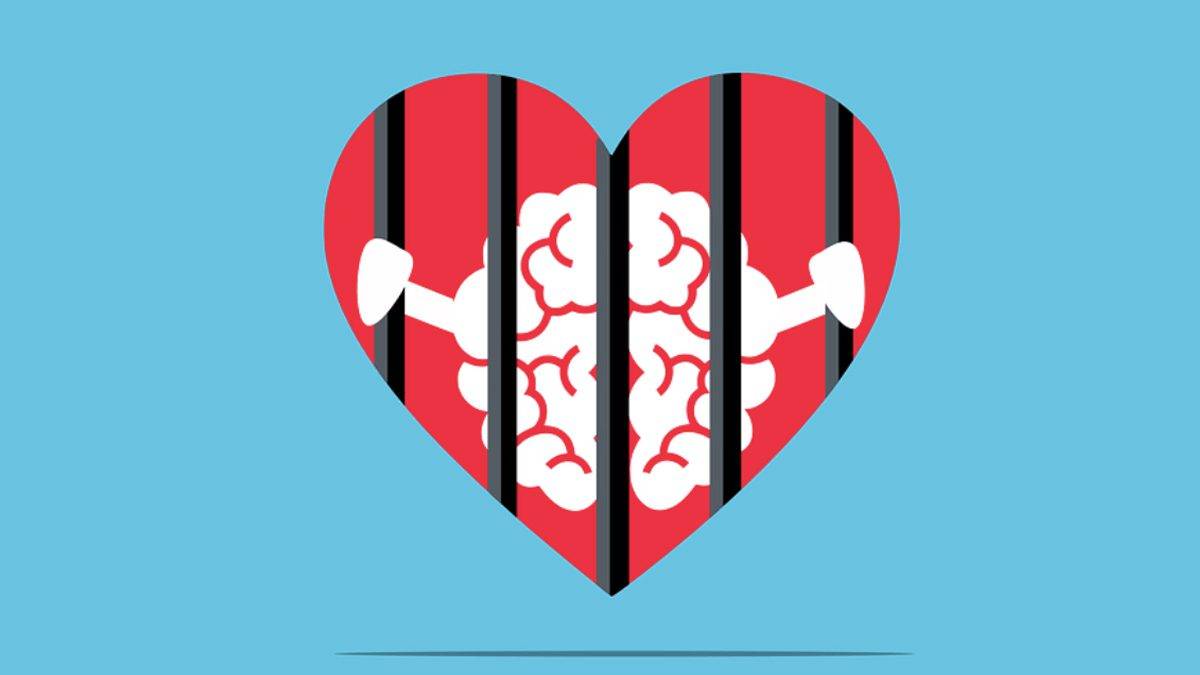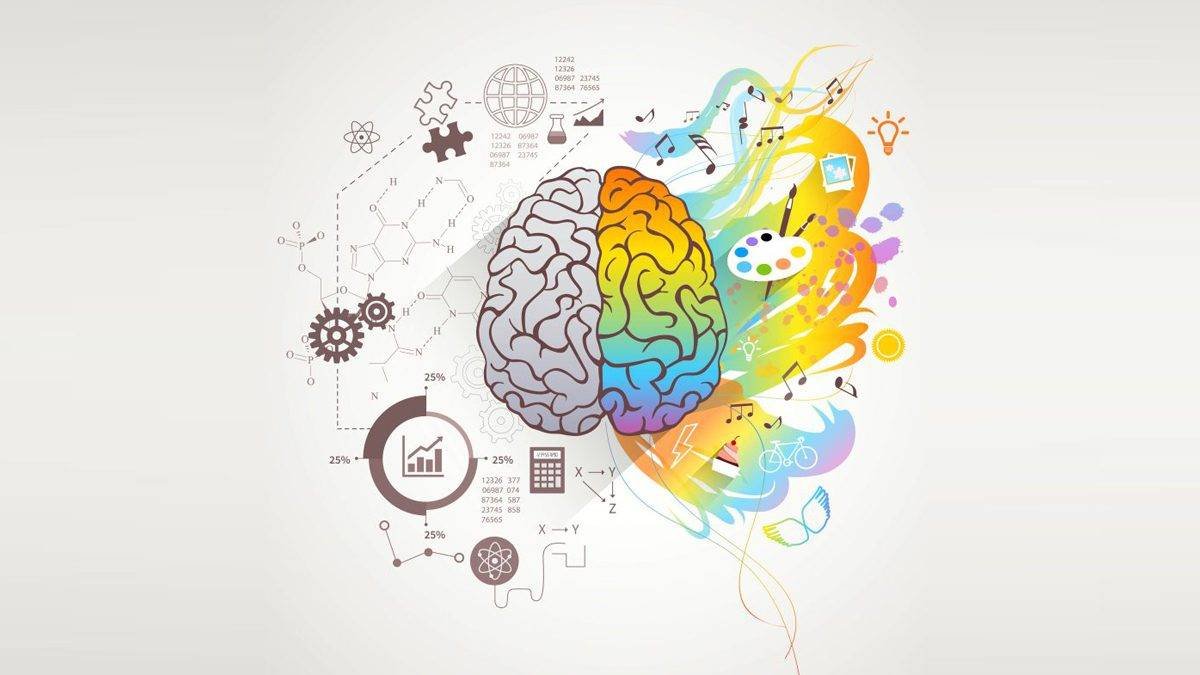Getting Dopamine From Your Best Connections Not Your Worst Vices Dopamine is trending as the most popular neurotransmitter. And why not? There are days I think it rules the world or at least the day-to-day activities of my friends and family. The craving you have when you smell the coffee brewing in the morning—thank dopamine. That elation you feel[…]
Author Archives: Dr. Sadaqat ali
Addiction is a devastating condition that can destroy lives, relationships, and futures. But how do drugs hijack the brain to such an extent? Research suggests that certain substances, such as amphetamines and opioids, alter brain structure and function, making users more impulsive and less capable of resisting cravings. This article explores how drugs manipulate the[…]
Understanding What Prevents Healing Can Be The First Step Toward Recovery Trauma experienced in childhood has a special ability to wound, especially when it includes emotional, physical, or sexual abuse or neglect. The falloutechoes through the years and causes negative consequences, such as higher risks of depression, anxiety, bipolar disorder, PTSD, obesity, behavioral problems, and health problems such as heart disease. One study that followed hundreds of adolescents over[…]
Exploring the Impact of Excessive Internet Use The idea of Internet addiction was first proposed as a psychological disorder in the 1990s, but it wasn’t taken seriously at the time. However, with advancements in research, the understanding of excessive Internet use has significantly evolved. Today, numerous studies highlight that between 1-10% of individuals experience difficulties[…]
The Truth About Exercise Addiction Many people become physically active to look and feel better and to get healthy. But physical activity may become addictive for a small number of people. So how many of us are at risk? Katherine Schreiber, co-author of The Truth About Exercise Addiction: Understanding the Dark Side of Thinspiration, is a New York City-based writer pursuing[…]
Building Mental Strength to Protect Against Stress The effects of chronic stress can slowly deteriorate health and productivity. At first, you might dismiss minor issues like poor sleep or irritability, but over time, stress can take years off your life. Even a single life event, like the loss of a loved one or unemployment, can[…]
You Want to Be Together All the Time: Wonderful or Obsessive? “Too much of a good thing is wonderful.” — Mae West Romantic love can feel all-consuming, often compared to addiction because of its powerful focus on another person. Love brings constant thoughts and interactions, but does this mean it’s unhealthy? Should this constant preoccupation[…]
“learning to Love Yourself” Might Actually Be “The Greatest Love of All.” A March 2014 survey by psychologists who study happiness identified “ten keys to happier living” and daily habits that make people genuinely happy. In an unexpected finding, the psychologists at the University of Hertfordshire who performed the survey found that the habit which corresponded most closely[…]
A Response to a Recent “debunking” of The 12-Step Program By John F. Kelly and Gene Beresin In a recent National Public Radio show on WBUR Radio Boston, Dr. Lance Dodes discussed his new book which attempts to debunk the science related to the effectiveness of 12-step mutual-help programs, such as Alcoholics Anonymous (AA), as[…]
During addiction recovery, one powerful technique often used is distraction. While “distraction” might sound negative—like being distracted while driving—healthy distraction is a valuable tool for preventing relapse. This article explains how healthy distraction works, its role in recovery, and how it helps maintain sobriety. Understanding Healthy Distraction Healthy distraction is a way of shifting attention[…]










